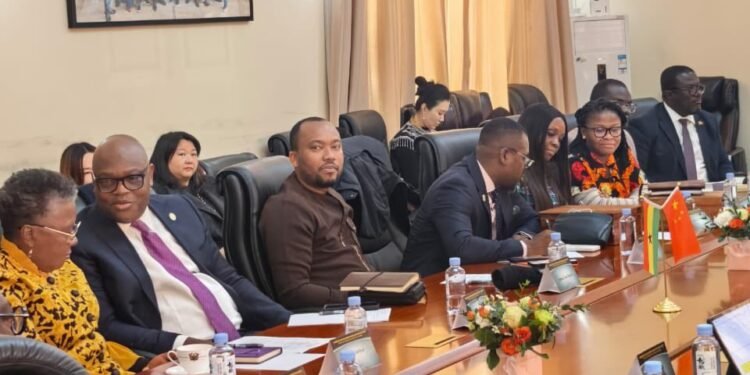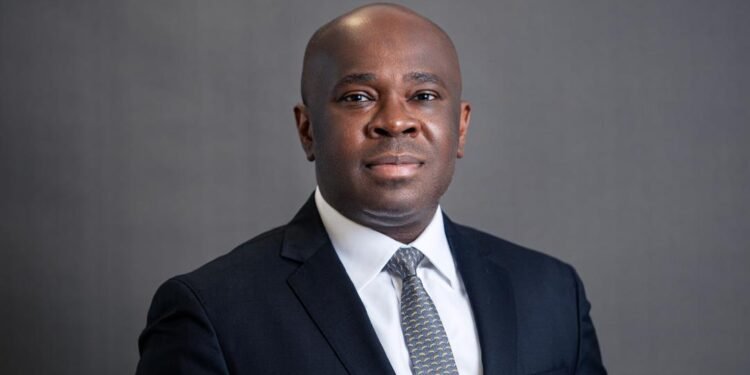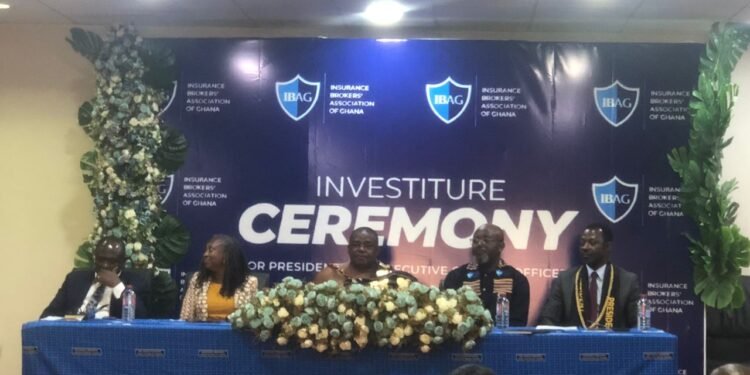The Extractive Industries Transparency Initiative (EITI), in its recent Transparency Matters Webinar has highlighted the increasing need for transparency for state-owned enterprises (SOEs) in the extractive sector.
The COVID-19 pandemic has squeezed national budgets, increasing the likelihood of governments’ need for huge funding support from SOEs. Meanwhile, with an increased pace towards clean energy sources, many state-owned oil and gas investments are at risk.
On the back of this development, the webinar presented an opportunity for participants to explore the changing nature of public expectations toward SOEs. It also focused on understanding the drivers of transparency as well as share country experiences of SOEs governance reforms.
The proportion of SOEs listed in the world has more than trebled in the last two decades. SOEs contribute substantial amounts to government income and expenditure.
In Mozambique, state investments in three gas projects are projected to yield $96 billion in revenues over the next 30 years. On the other hand, the costs attached are gargantuan, indicating up to $3billion, or 60% of the country’s budget.
Government intervention in many economies has seen tremendous growth since the COVID-19 pandemic. This has triggered an increased economic contribution from SOEs.
A senior economist at the OECD, Hans Christiansen noted that: “It is perfectly legitimate for SOEs to do things other than maximise profits, that’s why they need to remain in state ownership.
Yet he stressed an important caveat: “It must be absolutely clear and communicated clearly what that other ‘something’ is, so there can be proper accountability.”
Expectations of transparency on Governments’ ownership of SOEs
Opportunity abounds for SOEs to be contributing agents of change in the transition to clean energy, the OECD speaker stressed. This will only happen if governments display their ownership of big energy companies in the appropriate way.
“If there is a conflict of interest, with the same minister who is responsible for regulating the energy sector being held accountable for the profitability of existing companies, then we have seen state-owned companies become a hindrance.”
OECD Speaker
Public expectations are increasing on the need for legal reforms on a country-by-country basis. In jurisdictions where there is an overlap of responsibilities between ministries of SOEs, legal reforms clarify which ministry has oversight.
Moreover, participants highlighted the need for improving corporate governance. For instance, in Ecuador’s state-owned oil company, EP Petroecuador has initiated reforms towards revamping its management processes.
These have included an application for certification on anti-bribery management systems, the introduction of a code of ethics and the formation of an anti-money laundering unit.
Public expectations are high as operations and management of SOEs are a matter of interest. Thus, most countries where transparency is low, are calling for increased transparency in the finances of public entreprises.
In Mozambique, for instance, civil society organizations have called for increased transparency on three issues; the capacity of SOEs to meet revenue projections; the information on financing of state investments; and decisions over the level of state participation in extractive SOEs.
Another area of public expectation is in respect of risk and reward assessment. David Manley, Senio Economic Analyst of the Natural Resource Governance Institute indicated the need for transparent and fact-based risk assessments
READ ALSO: Fix distribution system challenges- Ben Boakye to utility companies























